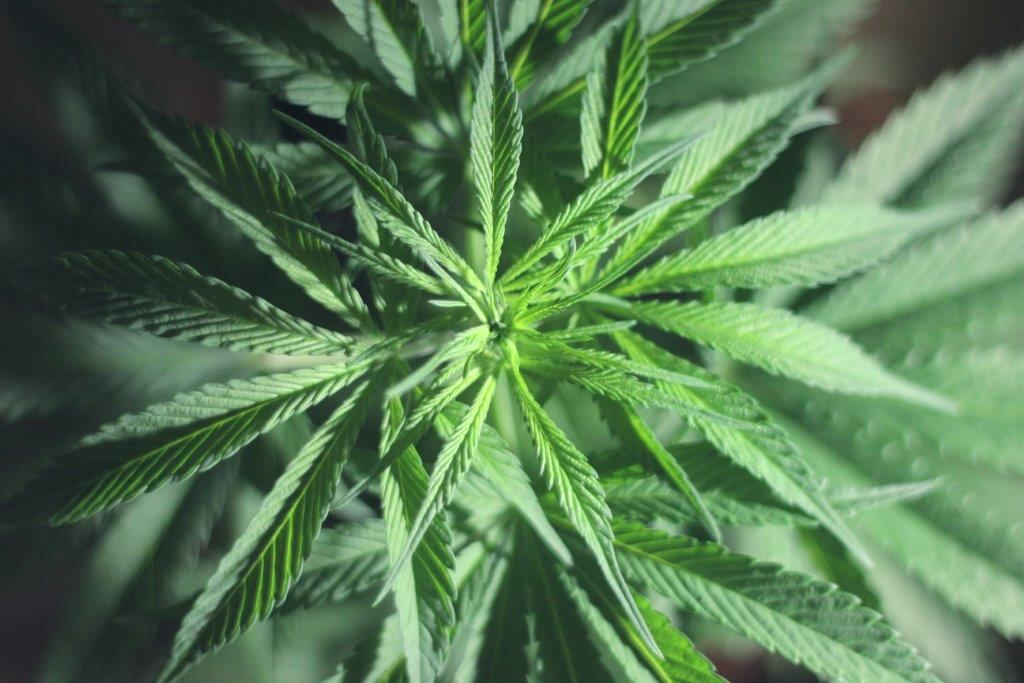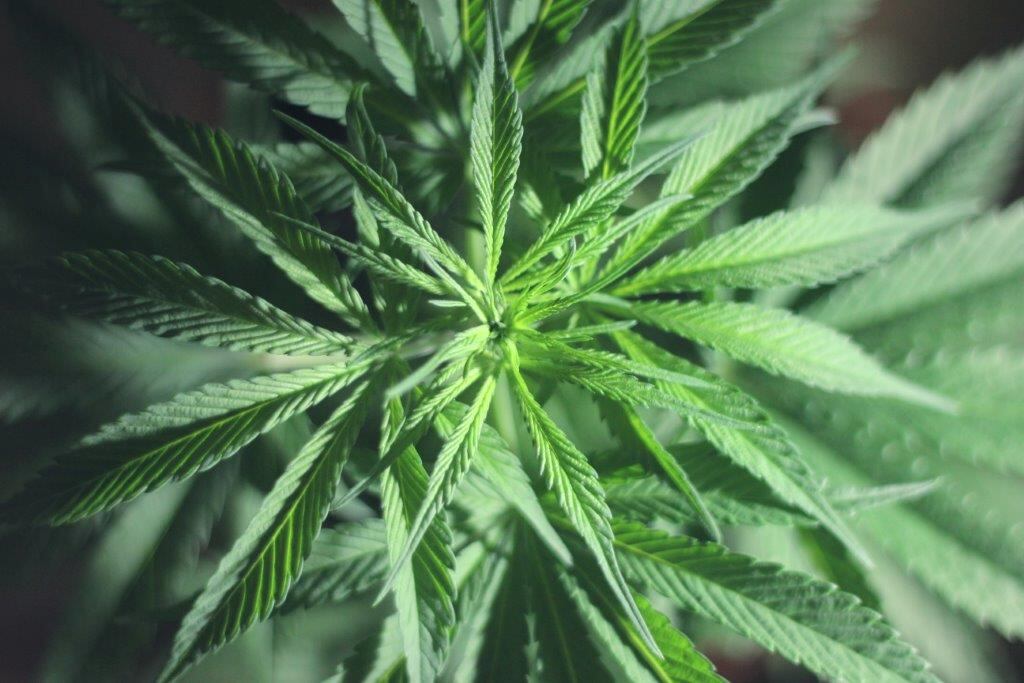In a presentation given by The European Industrial Hemp Association (EIHA), the Standing Committee on Plants, Animals, Food and Feed (PAFF Committee) were presented with suggestions that hemp and hemp extracts have been used before May 1997, ruling out its ‘novel food’ status.
“Hemp extracts were indeed made and sold in products, which would nowadays be called supplements,” the EIHA said.
“We are requesting the European Commission to recognise hemp extracts with naturally occurring CBD levels as traditional in food.”
NF is defined as food that has not been consumed to a significant degree by humans in the EU before 15 May 1997, when the first Regulation on NF came into force.
NF can be newly developed, innovative food, food produced using new technologies and production processes, as well as food, which is or has been traditionally eaten outside of the EU.
The decision on whether or not to label CBD as NF has implications as to how best to ensure compliance and safety in the marketplace.
Evidence presented by EIHA suggested that CBD oils were not novel and should therefore remain on shelves.
“Collected evidence clearly demonstrate that hemp leaves, flowers and whole plant hemp extract have a history of use prior to 1997 in Europe and there should be no doubt over their novel status,” said a spokesperson for CannabiGold, a CBD oil producer and manufacturer.
“Allowing the use of hemp extract in food products is perfectly safe and is in the interest of European consumer”
EC new definition
Efforts to reach a consensus was made more difficult on 20 January 2019, when the EC decided to modify the entries relating to “Cannabis sativa” and “CBD” in the EU’s “Novel Food Catalogue”.
The change to the catalogue now implies that CBD in all forms, along with all other cannabinoids found in Cannabis sativa L. (the hemp plant), are to be declared NF.
The long and short of it is CBD-containing products will now encounter greater difficulty in entering the EU market, requiring a pre-market approval as novel foods as set out in Regulation 2015/2283.
Responding to the latest developments, the UK’s Food Standards Agency (FSA) recently tweeted, “We are considering the way forward in light of this clarification at EU level.
“We are meeting with relevant industry representative bodies, local authorities and other stakeholders to clarify how to achieve compliance in the marketplace in a proportionate manner.”
CTA meeting
Earlier this month, the FSA met with the Cannabis Trades Association (CTA) in discussions involving the FSA’s NF team and CTA chairman Mike Harlington, director Tom Whettam and legal representative Robert Jappie from Mackrell Turner Garett.
“The CTA feel it’s fair to say that the FSA seem to be quite misinformed around standard industry practices and accept that they are not conversant with how members’ products are manufactured,” the CTA said in a statement.
“The general impression was that CBD oil production was achieved by adding CBD isolate to a carrier oil. Previously, it was not understood that CBD oil was created using a diluted full plant extract.
Commenting on the economic and business implications, the CTA agreed that the “threat of enforcement was not conducive to business in general”.
“It was agreed that any action would be proportionate and not hinder the economic activity of the industry but would address their primary remit of protection of consumers,” they said.
“When asked for information on any concerns the FSA have, or had been reported to them, about CBD products currently on the market, there were none. As such it can be assumed that in the absence of any direct concerns and in line with a proportional approach to enforcement, that any enforcement action would be unlikely.”
The CTA also highlighted its concerns over legal clarification claiming that the FSA had “reneged on the agreement reached in January 2018 regarding the issues of isolates in foods, which has already been classified as ‘novel’ under EU guidelines”.
“While it is appreciated that the FSA has a difficult job to do, it is also required to provide a legal definition on its decision and it could not do so. The FSA has just as much duty to provide that information to the industry as the CTA has to it.




